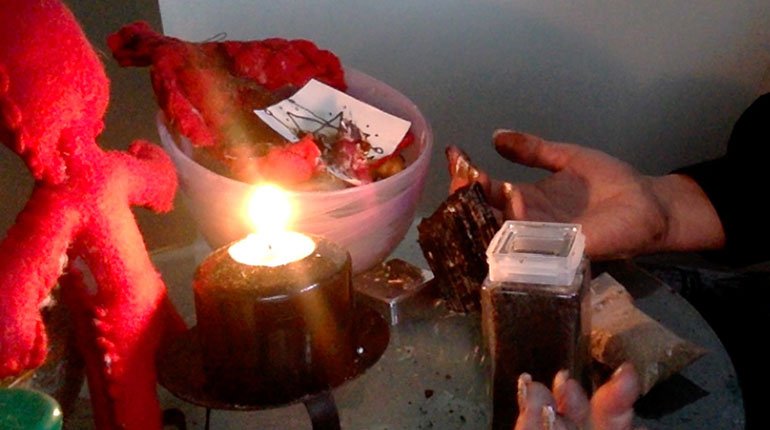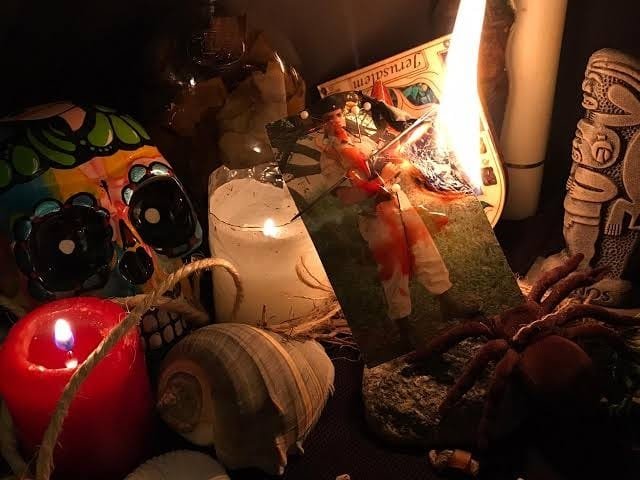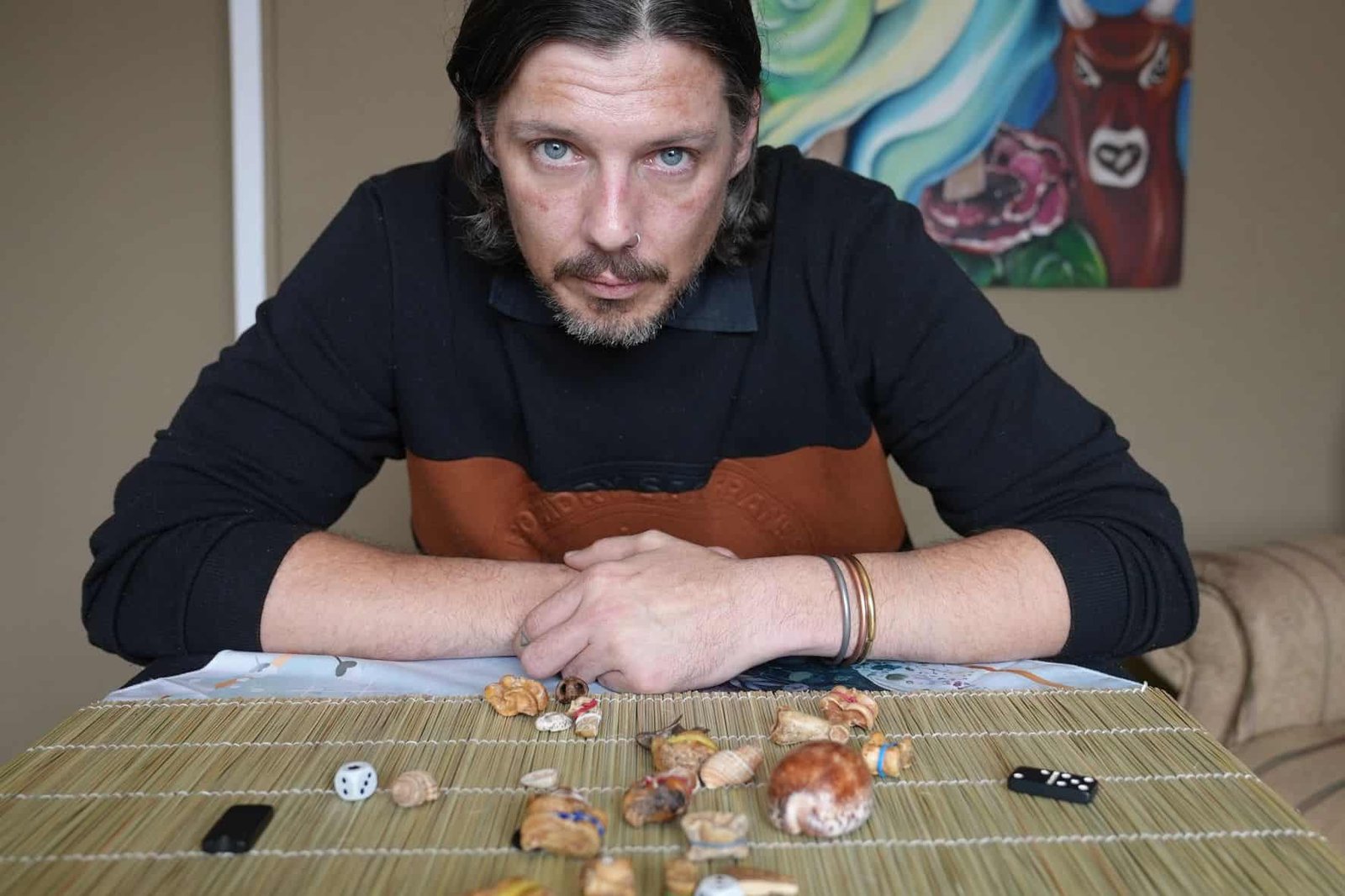Understanding Love Spells
Love spells have a rich history that spans across various cultures and societies, often serving as a fascinating intersection of magic, intention, and human emotion. Traditionally, love spells are rituals or incantations designed to attract romantic affection, strengthen relationships, or mend broken bonds. The efficacy of these spells is commonly attributed to the power of intention and the belief in their transformative potential.
There are several types of love spells, each tailored for specific desires. Attraction spells are perhaps the most prevalent; they aim to draw someone towards the caster, effectively enhancing physical or emotional appeal. Reconciliation spells seek to restore a relationship that may have suffered due to misunderstandings or external pressures. Binding spells, on the other hand, have a more complex purpose—they are crafted to unite two individuals firmly, creating an enduring bond that is hard to break.
The cultural variations of love spells are particularly noteworthy. For instance, ancient Egyptian practices included spells inscribed on papyrus that invoked the aid of gods for love-related matters, while in other cultures, herbs and potions have been utilized as components in the casting of spells. Each tradition imbues love spells with its unique symbolism and methodologies, reflecting the varying beliefs surrounding love and its influence on human experiences.
However, the ethics of using love spells warrants careful consideration. Many practitioners emphasize the necessity of pure intentions; the act of casting a spell is not merely about desire but also about understanding the potential consequences on another individual’s free will. Ethical considerations often lead to debates within the magical community, with some asserting that all forms of love spells infringe on ethical boundaries, while others maintain that the intent behind the spell dictates its moral standing.
The Psychology Behind Love Spells
The efficacy of love spells can often be attributed to various psychological principles that shape human belief and behavior. One of the primary concepts at play is the placebo effect, wherein individuals experience real changes in their condition due to their expectations rather than any active component. In the context of love spells, when individuals engage in rituals or invoke specific incantations, their psychological state can significantly shift. The ritual itself may become a catalyst for enhanced feelings of love or attraction, reinforcing the notion that their desires are not only valid but attainable.
Belief plays a crucial role in the perceived effectiveness of love spells. When individuals wholeheartedly embrace the notion that a spell can lead to happiness or fulfillment in their love lives, they are more likely to experience positive outcomes. This phenomenon can be understood through the lens of cognitive psychology, which posits that belief shapes our perceptions and actions. As individuals perform love spells, they often report a heightened sense of hope and optimism, which can lead to improved interpersonal dynamics. When one expects positive change, they may unconsciously modify their behavior in ways that encourage relationship development.
Intention also plays a significant part in this psychological framework. Setting intentions associated with love spells can lead to clarification of emotional desires, potentially guiding individuals towards healthier relationships. Studies have shown that people who engage in goal-setting and visualization often manifest their goals more effectively. Anecdotal evidence supports this, with numerous individuals testifying that the act of performing love spells has led to significant shifts in their romantic experiences. The convergence of belief, the placebo effect, and the power of intention suggests that love spells may indeed hold psychological merit, aligning desire and action in the pursuit of love.
Real-Life Experiences and Testimonials
The efficacy of love spells is a topic that generates varied opinions, often influenced by personal experiences and beliefs. Numerous individuals from diverse backgrounds have recounted their encounters with love spells, with outcomes ranging from profoundly positive to surprisingly disappointing. These testimonials serve as case studies illustrating the complex nature of intention and ritual in love spell practices.
One notable account comes from a woman named Sarah, who felt a powerful connection with a love spell she cast to rekindle her romance. After performing her chosen ritual, Sarah claimed she noticed a significant shift in her relationship dynamic. Her partner began expressing affection more openly, and they were able to communicate more effectively. Sarah attributes this transformation to her focused intent while performing the love spell, believing that her dedication and emotional energy played a crucial role in manifesting her desired outcome.
Conversely, there are experiences like that of Tom, who sought a love spell to attract a specific individual. Despite following all the steps meticulously, he reported feeling disheartened when nothing materialized. Tom’s story raises an important aspect of love spells: the interpretation of results can be deeply personal. While some may view inactivity or an unsuccessful spell as evidence of failure, others might consider the journey of self-reflection or growth to be just as significant. This distinction underscores the notion that personal context and individual interpretation vastly influence one’s perception of the outcomes.
Moreover, many participants emphasize the psychological impact of performing love spells, regardless of the tangible results. The act of engaging in a ritual can instill a sense of hope and agency in individuals. This psychological dimension may lead some to feel that a love spell worked, even if the actual outcome differed from their expectations. Thus, the power of intention and belief plays an integral role in the experiences people have with love spells, highlighting the intricate relationship between mind, emotion, and ritual.
Is There a Scientific Basis for Love Spells?
The inquiry into the scientific basis for love spells often intersects with the broader fields of psychology and sociology, primarily focusing on the impact of intention and ritual. Research suggests that intention can play a significant role in shaping an individual’s mindset, which may consequently influence interpersonal relationships. Studies in psychology have demonstrated that expectation and belief can create self-fulfilling prophecies; when individuals strongly believe that a love spell will work, their behavior may shift in a way that makes the desired outcome more likely, thus reinforcing the power of intention.
Additionally, ritualistic behavior, a common aspect of many spiritual and cultural practices, has been shown to have psychological benefits. Engaging in rituals can promote feelings of control and reduce anxiety, which in turn may enhance one’s confidence and well-being. This psychological state can foster a more positive outlook toward relationships, making connections with others more accessible. While these findings do not provide direct evidence that love spells have inherent supernatural properties, they do explore the notion that the practices surrounding love spells may have psychological merits that influence love-related outcomes.
However, the limitations of scientific research in this area must be acknowledged. The realm of spirituality and the supernatural often escapes empirical validation due to the subjective nature of personal beliefs and experiences. Love spells are intimately tied to cultural backgrounds, individual interpretations, and unique emotional contexts, factors that complicate their study within traditional scientific frameworks. Therefore, while the evidence supporting the effectiveness of love spells is sparse in rigorous scientific literature, the psychological implications of intention and ritual in improving one’s emotional wellness and interpersonal connections cannot be disregarded. Ultimately, love spells may harness the power of the mind and emotions, providing a unique lens through which to view human relationships.










